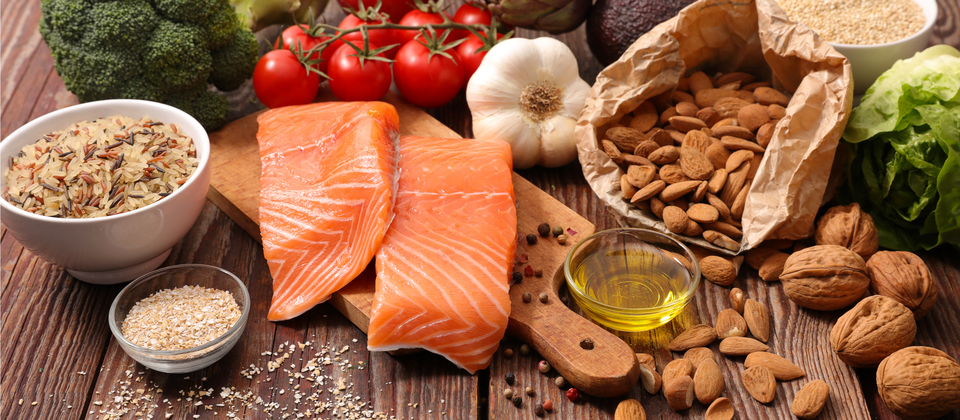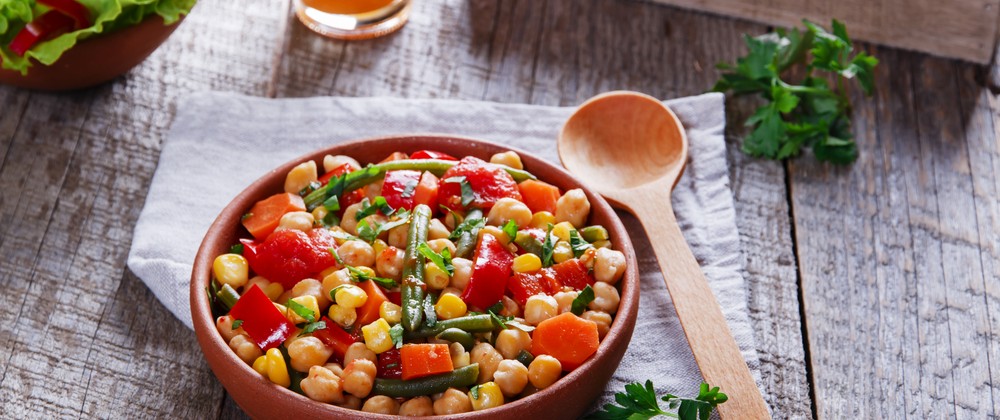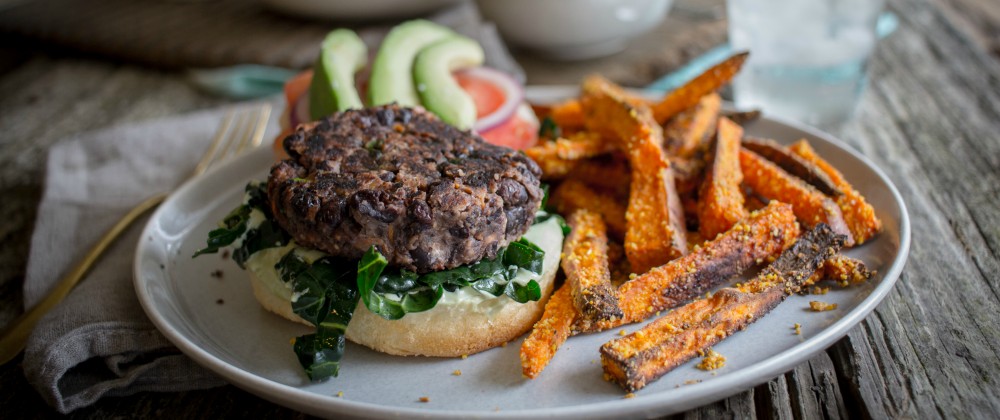
Foods to Keep You Energized
Posted on August 18, 2017 under energizing food, fatigue, fatigue fighting
In our hectic world, it can be difficult to get the doctor recommended 8-9 hours of sleep each night. But this harmful practice can spell danger, not just to wakefulness, but your waistline as well. The human body naturally craves sugars and fats, and these cravings increase when the body is sleep deprived and hungry for extra energy. Coffee has health benefits of its own, but too much can disrupt sleep, adding to your fatigue.
The good news is, there are a few vitamins and nutrients that can help. So what are they? And how can you get them?

Omega-3 Fatty Acids
It’s not news that omega-3 fatty acids are good for your health. Fish oil supplements have been around for years. But if you don’t enjoy swallowing a fishy smelling capsule every morning, try eating some salmon instead.
Salmon is low-calorie, high protein, and high in omega-3 fatty acids. It can be sustainably farmed, is relatively easy to acquire, and takes only a short time to prepare. Take a crack at a simple salmon recipe, like this poached salmon, for your next weeknight dinner or a fun take-to-work lunch.
Other foods that also offer a great dose of omega-3s include: walnuts, sardines, mackerel, and chia seeds.

Vitamin C
This one packs a double whammy by boosting your immune system (which can take a hit without proper rest) and warding off feelings of fatigue. This antioxidant can also help reduce oxidative stress, a result of too many free radicals in the body.
We often associate vitamin C with oranges, but there’s an even better source hiding in your produce aisle: a red bell pepper. With 200% of your recommended daily intake of vitamin C and only 29 calories, a red bell pepper is easy to incorporate into any diet. Try it in a soup or salad.

Magnesium
One mineral that may be slipping your mind—and missing on your plate—is magnesium. Almost half of the US population consumes less than their required magnesium. This can be a huge problem when you consider that Magnesium is required to form and store ATP, the resource consumed by muscles and tissues as energy. Low magnesium levels have been linked to an increased risk of chronic fatigue.
A fantastic, low calorie way to correct low-magnesium is to reach for some pumpkin seeds as a mid-morning or afternoon snack. About ¼ cup will take care of close to half your recommended daily Magnesium intake.
For other great ways to incorporate magnesium into your day, try a black bean burger or a savory spinach smoothie.


